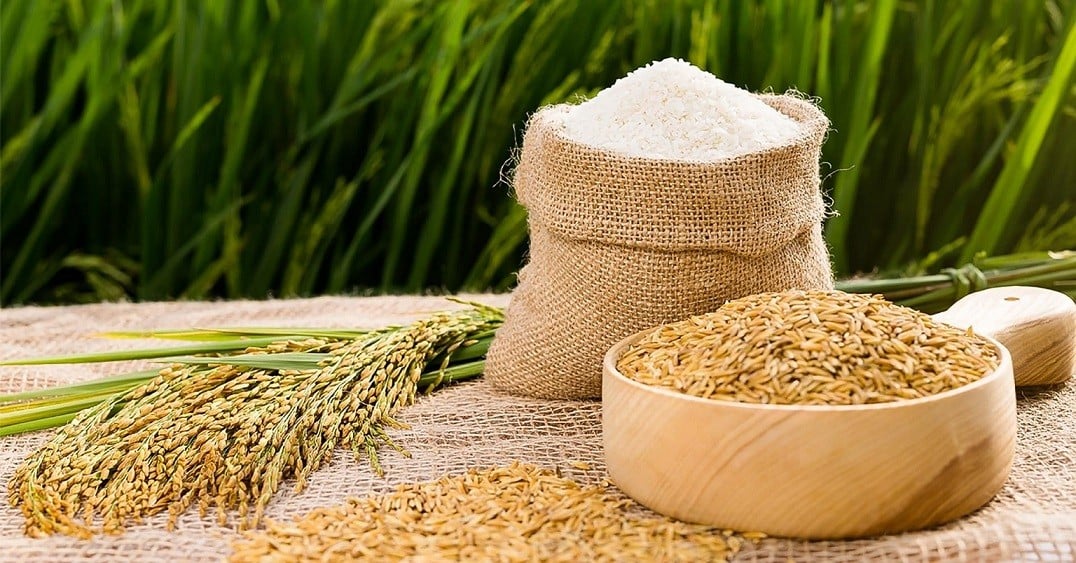 |
| Asian rice market fluctuates strongly after India's decision. (Source: Finance Magazine) |
India, the world's largest rice exporter, mainly exports rice to countries like Vietnam and the Philippines. However, with adverse weather conditions reducing production and record high prices for many years, India has chosen to prioritize domestic consumption and reduce rice prices.
In July, the country banned exports of white rice, except basmati, due to rising domestic prices. India's ban has disrupted the regional rice market.
Specifically, the Asian rice market fluctuated strongly, with the August rice price index of the United Nations Food and Agriculture Organization increasing by nearly 10% to a 15-year record high.
Asia produces and consumes 90% of the world's grain supplies and governments in the region are concerned about inflation and supply amid extreme weather and fertilizer shortages.
In Thailand, the world’s second-largest rice exporter, domestic rice prices jumped 20% in the week following India’s announcement, hitting 21,000 baht ($597) a tonne, while export prices hit an 11-year high. Thai rice export prices briefly rose to a 15-year high in August.
In Asia, the Philippines may be the most vulnerable to rising food prices, as net food imports account for over 2% of its GDP, according to a report by analysts at Nomura.
Meanwhile, a report earlier this year by the Asian Development Bank (ADB) estimated that global rice demand will increase by 30% by 2050.
Demand will increase sharply as rice production growth in many Asian countries slows due to more frequent extreme weather events, according to Nomura.
In addition, limited public investment in rice production and research and development are other causes.
Nomura analysts say the supply shortage could keep prices high in the medium to long term.
Source


![[Photo] Worshiping the Tuyet Son statue - a nearly 400-year-old treasure at Keo Pagoda](/_next/image?url=https%3A%2F%2Fvphoto.vietnam.vn%2Fthumb%2F1200x675%2Fvietnam%2Fresource%2FIMAGE%2F2025%2F12%2F02%2F1764679323086_ndo_br_tempimageomw0hi-4884-jpg.webp&w=3840&q=75)




![[Photo] Parade to celebrate the 50th anniversary of Laos' National Day](/_next/image?url=https%3A%2F%2Fvphoto.vietnam.vn%2Fthumb%2F1200x675%2Fvietnam%2Fresource%2FIMAGE%2F2025%2F12%2F02%2F1764691918289_ndo_br_0-jpg.webp&w=3840&q=75)
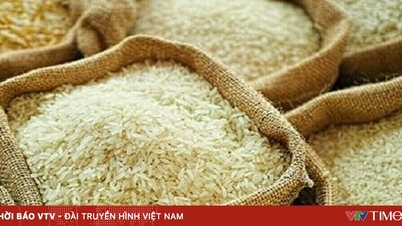

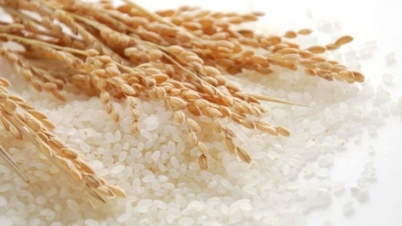

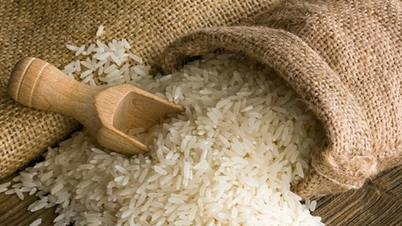
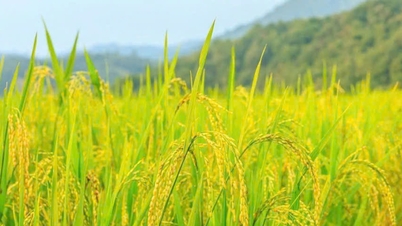
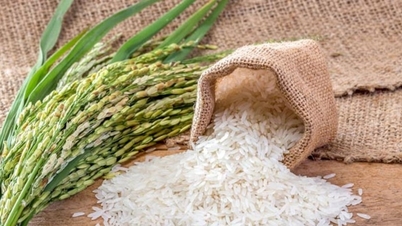
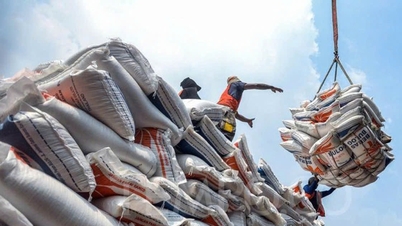


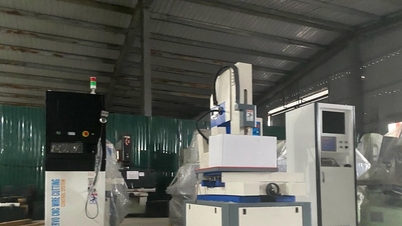












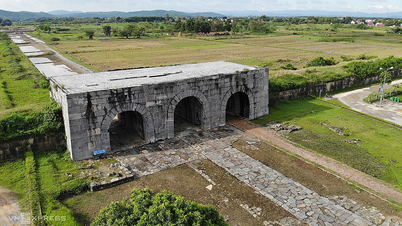
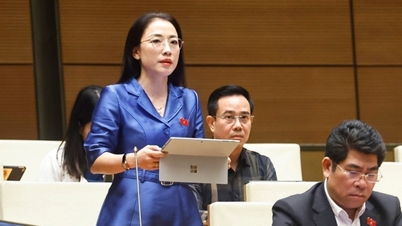
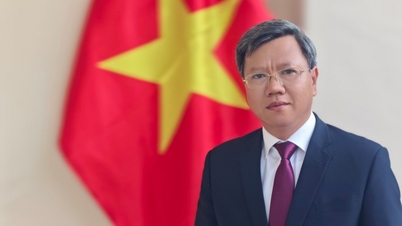
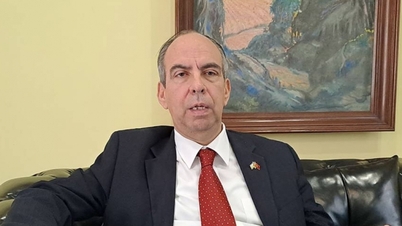

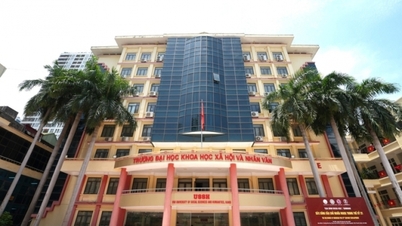


































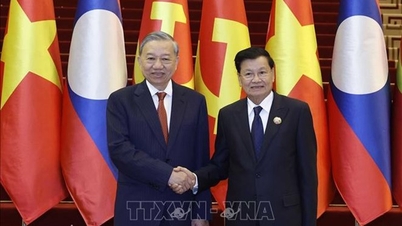

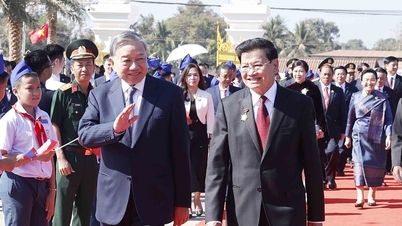




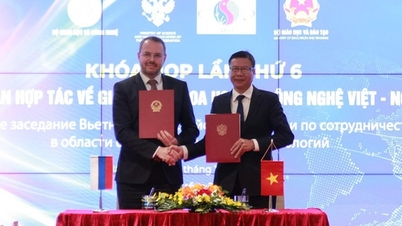
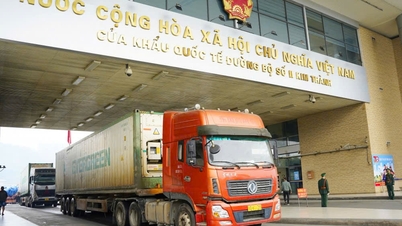



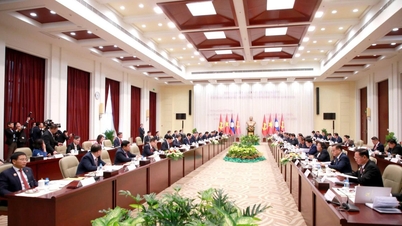

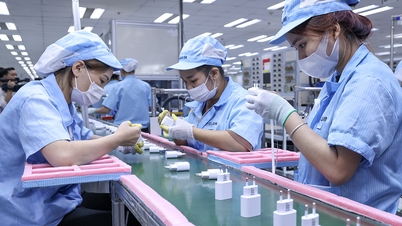


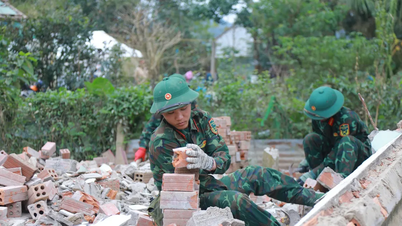



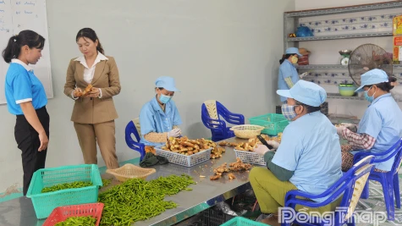

















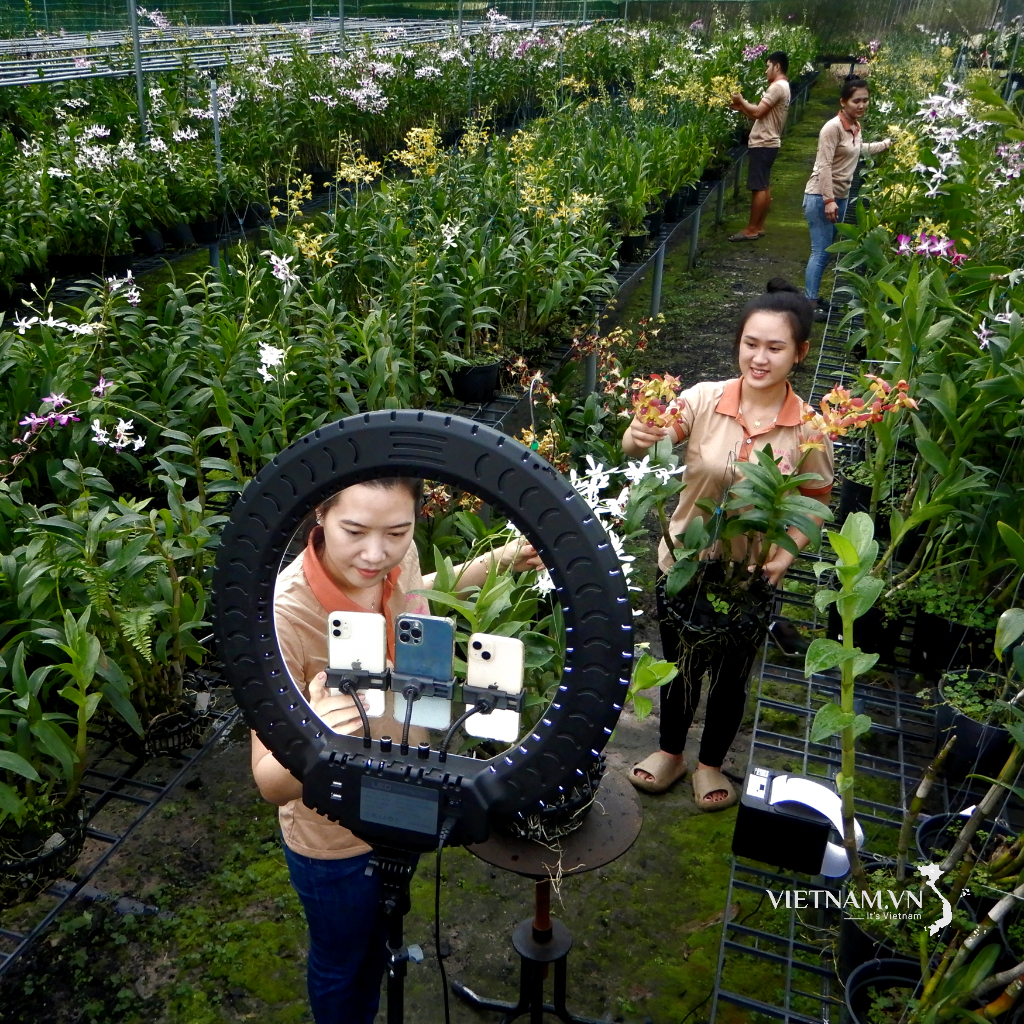
Comment (0)